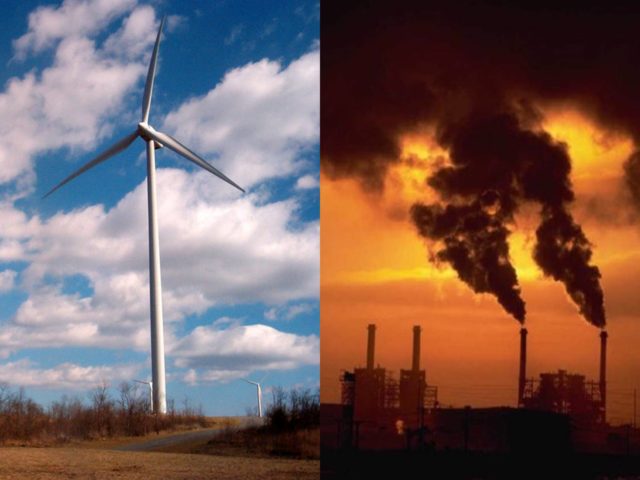Teresa Ribera, the vice president and Minister of Ecology in Spain, has announced the country’s new proposed net-zero carbon plan.

The new Climate Change and Energy Transition Bill, reinforces the country‘s commitment to the Paris Climate Agreement and promotes green growth as a pillar of its COVID-19 recovery plans. It raises climate targets, boosts e-mobility, and makes cities greener, as well as forces the investors to divest from fossil fuels.
Once the law is approved, it would ban all new coal, oil and gas extraction projects with immediate effect.
The draft bill has been approved by the cabinet and is now sent to parliament. Final approval by the parliament is expected to be delivered by the end of the year, according to Business Green.
The strategy is expected to help Spain to recover from COVID-19 and includes:
Generate 100 per cent of energy using renewable energy by the middle of the century.
End direct fossil fuel subsidies and make all new vehicles emission-free by 2040.
Reduce carbon emissions by 23 per cent from 1990 levels by 2030.
Reduce energy consumption by at least 35 per cent through renovation of buildings and homes.
Direct a percentage of the general budget towards the energy transition.
The introduction of low-emissions zones in cities of more than 50,000 inhabitants.
The establishment of an annual biofuel and other alternative fuel targets for air transport.
Financial institutions will need to publish specific decarbonisation objectives of their loan and investment portfolios from 2023, in line with the Paris Agreement.
The introduction of climate change to the school curriculum.
The announcement of the draft follows a public consultation which was started in February 2019.
Spain’s ecological transition is expected to generate more than €200,000bn of investments and create up to 350,000 new jobs in the next decade.